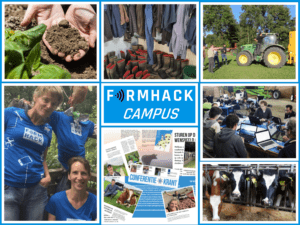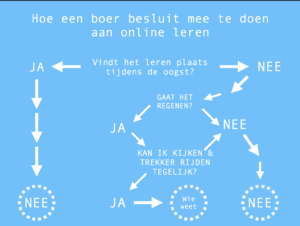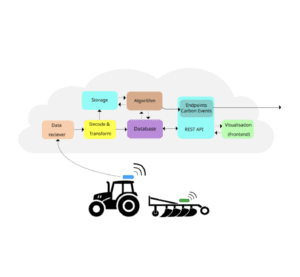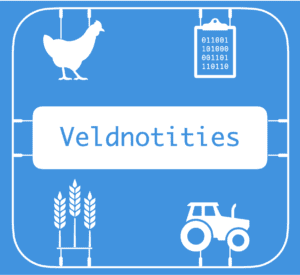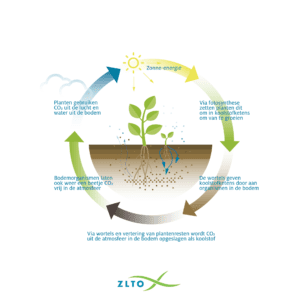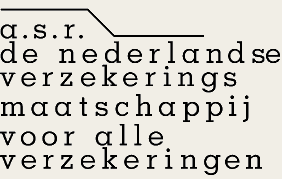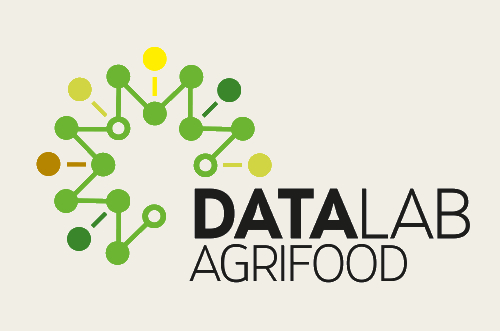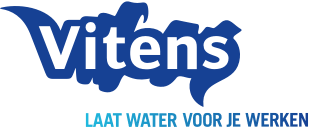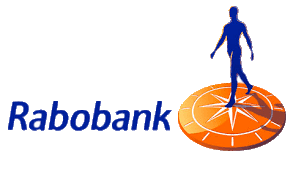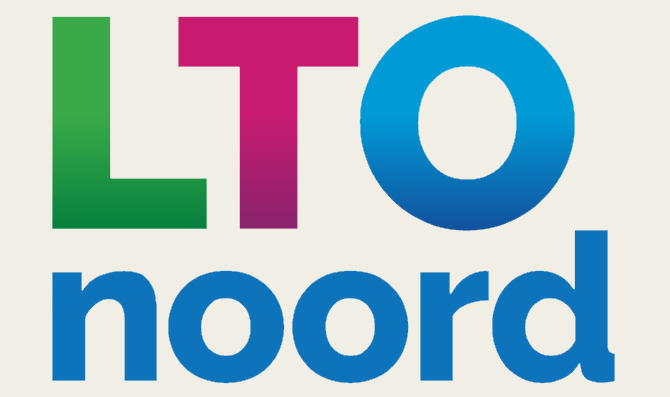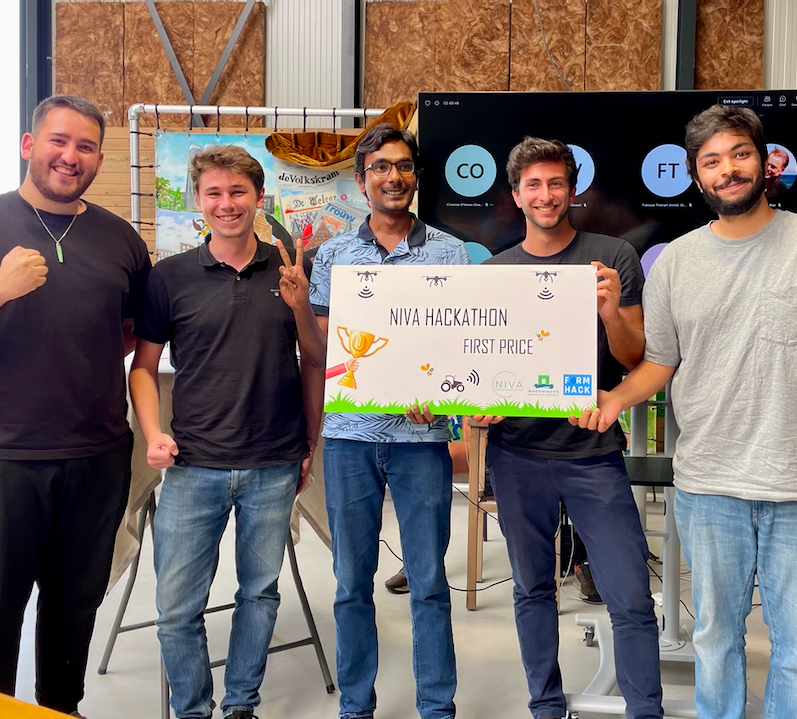
Door Anne Bruinsma
Results NIVA hack
On the 16th and 17th of June 2022, at the NIVA Hackathon, participants worked together on a key goal: to open up environmental data to farmers to make more informed land management decisions. Participants from Italy, France, the Netherlands and Ireland worked (in part remote) for 28h on four challenges. Using open source tools from the NIVA Gitlab repository, allowed us a jump start, deep diving existing solutions and building on top of them.
This blogpost offers the opportunity to read up on the results of each team, with links to team presentations, photo's and the recordings of their pitches. All this material is disseminated via the Farmhack Forum page which dedicated to the NIVA Hack.
On behalf of the FarmHack team, a big shout out to all participants, our host (Vicky from Molenwei) and our co-organisers from Wageningen Environmental Research. It was yet another beautiful hack adventure
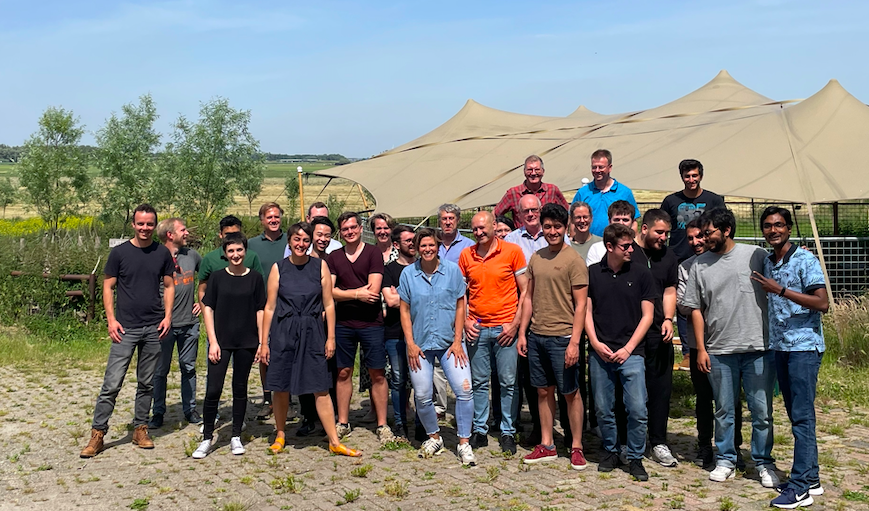
Hack results
Check out the after movie:
Challenge 1: Environmental Performance Dashboard
Two teams worked on developing an interactive KPI dashboard that allows farmers to see their environmental performance on a set of indicators (such as biodiversity, carbon and nitrogen). The big idea is that such a tool allows farmers to track their environmental performance, set goals and benchmark with other farmers.
One team worked on a dashboard to help farmers visualise the environmental effect of carbon farming and creating an opportunity to grow a sustainable carbon farming community. They used the existing Carbon Model Flux for their data model.
The second team, consisting of a collaboration of several WUR scientists from team Earth Informatics, worked on an existing concept of a dashboard that shows results in terms of a set of KPI’s in relation to circular agriculture, using open data.
You can find the pitch, photo's and the recordings of both their pitches here:
Challenge 2: Data for Carbon Sequestration
The team, that consisted of representatives of MyEasyFarm, Trekkerdata.nl and WUR had three objectives:
- To test the assessment of carbon sequestration (and emissions) by MyEasyCarbon with Dutch data at plot level
- To show the impact of better quality and more complete (machine) data on the assessment of carbon footprint
- To show the advantage of a more accurate assessment (and potentially of more = less discounted, carbon credits), to farmers and other stakeholders
You can find their pitch, photo's and the recordings of their pitch here:
Challenge 3: AI and geotagged photos
The goal that this team set themselves was to “identify and analyze data captured in geotagged photos that can be used to enhance the satellite data which will allow further refinement of the satellite data for decision making purposes”. In a very impressive and inspirational collaborative effort by the team, they designed an API based solution for smart use of geotagged photo’s and AI to better distinguish different types of land covers.
You can find their pitch, photo's and the recordings of their pitch here:
Challenge 4: Data for Strip Cropping
The team focussed on the design of a system that gathers data from difference sources in order to detect narrow strips in fields:
- a geo-photo app to collect photo data
- algorithms to make sense of the combination of photos
- a user interface to handle the application process at the PA
You can find their pitch, photo's and the recordings of their pitch here:
NIVA
The hackathon built on top of results of the NIVA4CAP program, a collaboration of Paying Agencies from 9 EU Member States to develop new tools to improve their Administration and Control Systems, and offer farmers opportunities to improve their farming practices.


